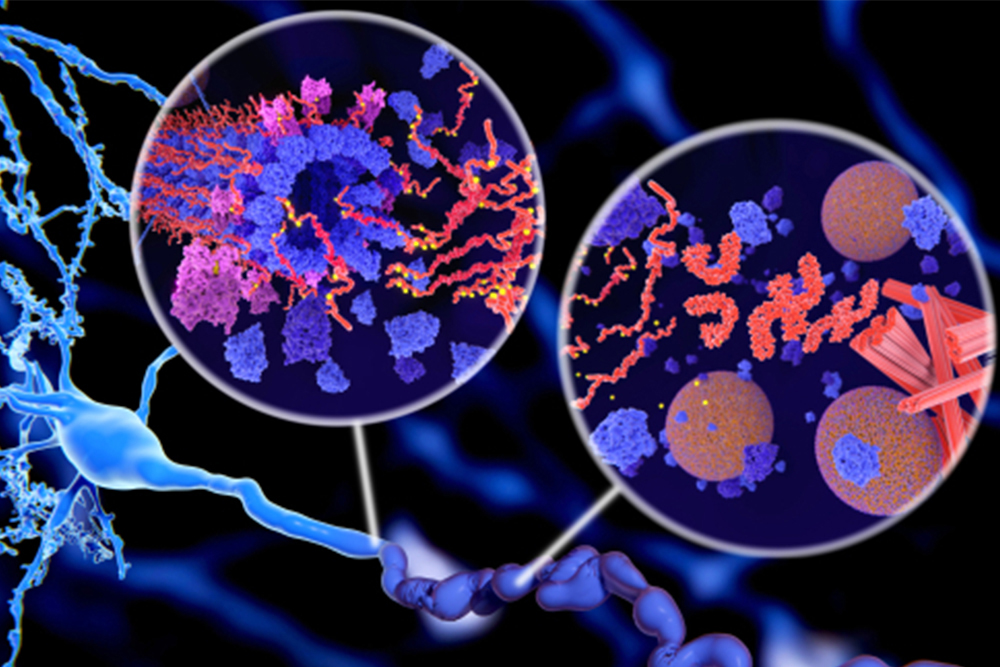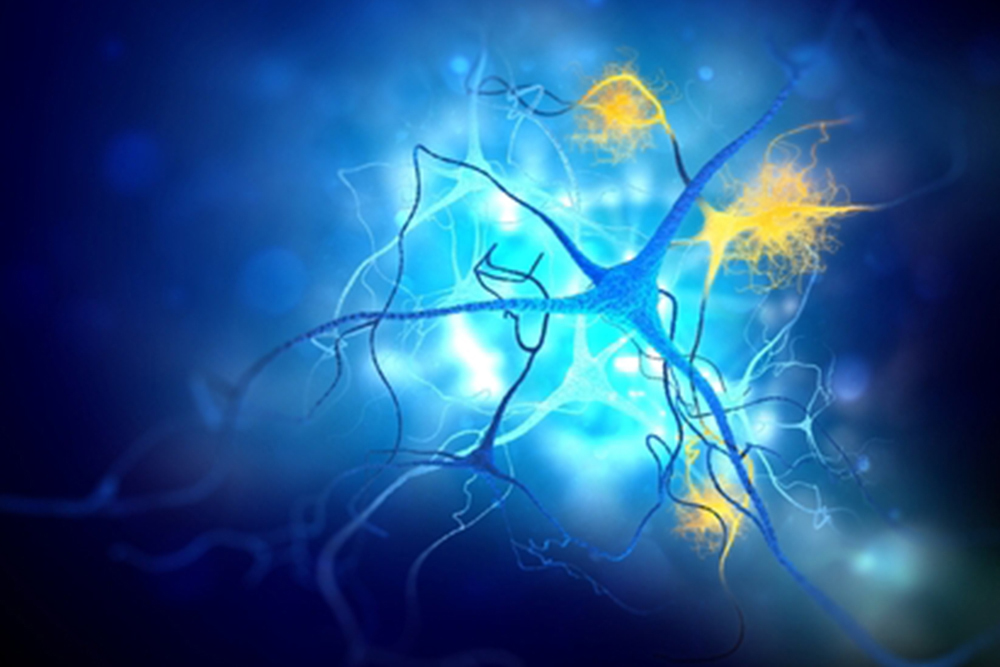Research Links Early Alzheimer’s Symptoms to Neurodegeneration, Advances Targeted Treatments

Findings link behavioral and psychological symptoms of dementia (BPSD) with early stages of Alzheimer’s disease (AD) pathogenesis and greater amyloid deposition, suggesting that these symptoms are core expressions of the neurodegenerative process rather than secondary responses. Understanding the neuropathology of BPSD in AD is crucial for developing effective treatments. Transgenic animal models exhibiting amyloid and tau pathologies provide insights into early behavioral symptoms in AD, aiding in identifying new pharmacological targets for specific BPSD like aggression and agitation.
Alzheimer’s Disease Research Advances: 187 Trials Test 141 Innovative and Repurposed Treatments

The pursuit of effective treatments for Alzheimer’s disease (AD) and mild cognitive impairment (MCI) attributed to AD is marked by a robust pipeline of clinical trials. A comprehensive search of ClinicalTrials.gov revealed a total of 187 ongoing trials across various phases, evaluating 141 unique treatments. A significant portion of these trials, 79%, focus on disease-modifying therapies. Additionally, 28% of the therapies under investigation are repurposed agents, originally developed for other conditions.
Study Shows Mediterranean, DASH Diets May Lower Alzheimer’s Risk, Despite Economic Hurdles

Authors of a review delved into the genetic underpinnings of Alzheimer’s disease (AD), the impact of dietary patterns on its prevention, and the socioeconomic challenges associated with dietary-based prevention strategies. Employing the MeSH search method and network analysis via VOS viewer, the findings underscore the significant impact of diets like the Mediterranean diet and DASH on reducing the risk of developing AD.
Insights in Alzheimer’s Disease Research: Amyloid-Beta, Tau Tangles, and Beyond

Researchers of a study delved into the advancements in Alzheimer’s disease (AD) research, focusing on understanding its neuropathology and developing potential treatments. They also reexamined the role of amyloid-beta as a component of the brain’s immune response and explored how chronic inflammation may influence the development of the disease. Tau neurofibrillary tangles, researchers noted, are increasingly seen as a primary cause of cognitive impairment in AD, with new imaging techniques enabling the study of tau’s distribution in living patients. Moreover, attention is being given to AD-mimicking diseases such as limbic-predominant age-related TDP-43 encephalopathy and primary age-related tauopathy, both of which can mimic AD symptoms but have distinct pathologies.
Strategies for Alzheimer’s Disease Care: Managing Behavioral Changes, Reducing Stress for Patients and Caregivers

Authors of an article looked at the unique challenges in caring for someone with Alzheimer’s disease (AD) or dementia, focusing on managing behavioral and personality changes such as aggression, hallucinations, and changes in sleeping or eating habits. Implementing simple changes can alleviate stress and improve both the patient’s and caregiver’s experience. Identifying the triggers of stressful behaviors, using reassuring body language and maintaining a sense of humor are key. Creating a calming environment, addressing the patient’s needs, and responding appropriately can also help manage difficult behaviors.
Fact Sheet: Understanding and Managing Alzheimer’s Disease

This comprehensive fact sheet analyzes Alzheimer’s disease (AD), the seventh leading cause of death in the United States and the most prevalent cause of dementia, which significantly hampers daily functioning. AD is marked by amyloid plaques, tau tangles, and the loss of neuronal connections. Symptoms start with memory issues, progressing to difficulties in language, reasoning, sensory processing, and recognition. Severe AD leads to complete dependence on others and substantial physical decline.
Persistent Psychosis in Alzheimer’s Disease Accelerates Cognitive Decline

Researchers of a study looked at psychosis, characterized by delusions and hallucinations, and its prevalence in the majority of patients with Alzheimer’s disease (AD), significantly affecting their cognitive decline and dependence. These symptoms are persistent and often recur even after short-term resolution. The presence of psychotic symptoms in patients with AD is linked to a faster cognitive decline.
Study Highlights Urgent Need for Standardized Biomarkers in Alzheimer’s Disease Diagnosis and Management

In a study, researchers reviewed the growing global health concern of Alzheimer’s disease (AD), with its prevalence expected to double every 20 years, particularly in developing countries. Genetic factors, like the ε4 allele of the APOE gene, significantly influence AD development, accelerating symptomatic onset by about 10 years. While definite diagnosis relies on postmortem examination, biomarkers like CSF Abeta42, t-tau, and p-tau offer diagnostic accuracy, even in preclinical stages. Notably, CSF biomarkers reflect AD pathophysiology, aiding early detection and potential treatment initiation. Novel biomarkers, including BACE1, inflammation markers, neurogranin, soluble APP, neurotrophic factors, oxidative stress markers, and neurofilament light chain, show promise in refining diagnostic accuracy and assessing disease progression.

